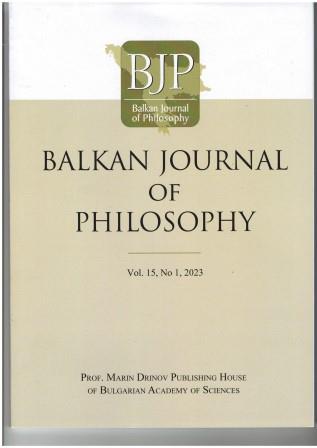Kant’s Highest Good as a Wide Obligation and Its Normative Ground
Kant’s Highest Good as a Wide Obligation and Its Normative Ground
Author(s): Neşe AksoySubject(s): Philosophy, Philosophical Traditions, Special Branches of Philosophy, Philosophy of Religion
Published by: Институт по философия и социология при БАН
Keywords: the highest good; ought implies can; immortality; holiness; the aid of God; the moral law
Summary/Abstract: In his Critical corpus, Kant makes two seemingly inconsistent claims concerning the highest good and its relation to the postulates of immortality and God. On the one hand, he argues that the highest good is a duty to be promoted that must therefore be possible by human powers (‘ought implies can’). On the other hand, he asserts that the highest good is an “unconditioned object” of practical reason that can only be attained on the ground of the postulates of immortality and the aid of God. In order to resolve this apparent conflict in Kant’s claims, I intend to argue in this paper that Kant implicitly classifies the highest good as a wide obligation (imperfect duty), which is to be promoted in the world by human agency but goes beyond the limits of human powers and must be assisted and complemented by the postulates of immortality and God. To do so, I argue that the highest good stems from the moral law since the moral law embodies the ground of absolute goodness and holiness that is never fully achievable by rational agents and thus can generate duties that are impossible to attain. In parallel, I argue that two of the components of the highest good, namely moral worthiness and distribution of happiness, are classified as wide obligations that the moral law commands us to pursue infinitely and with the aid of God. In sum, I try to resolve the initial conflict by suggesting that the highest good as an infinite progress towards the holiness demanded by the moral law signifies a wide obligation, which is not achievable merely by human agency but fundamentally requires the postulates of immortality and the existence of God as a complementing and assisting ground.
Journal: Balkan Journal of Philosophy
- Issue Year: XVI/2024
- Issue No: 2
- Page Range: 149-158
- Page Count: 10
- Language: English
- Content File-PDF

